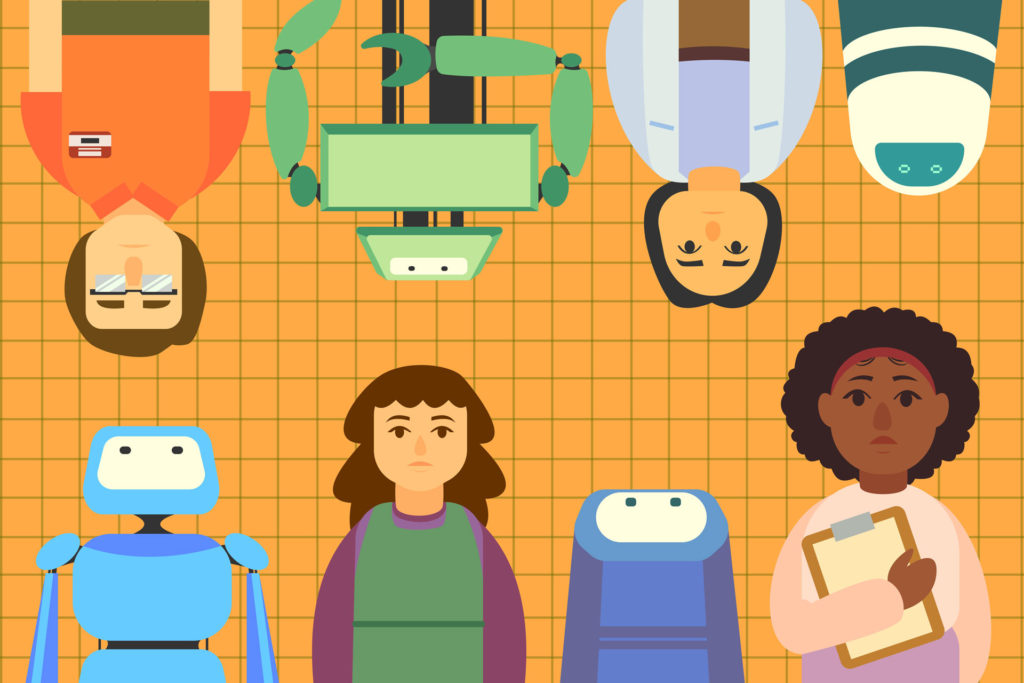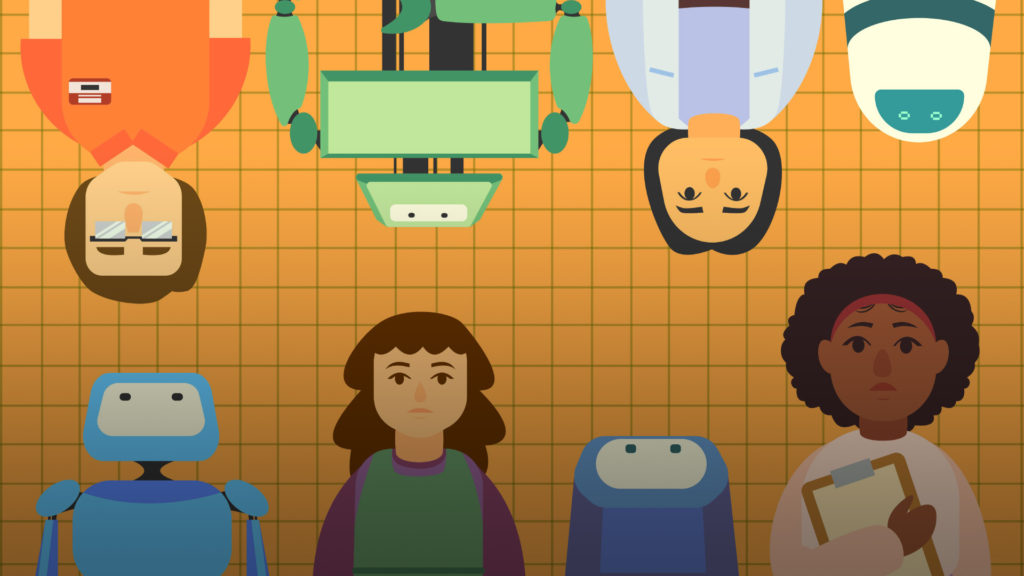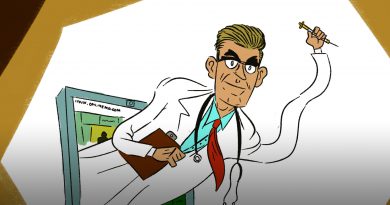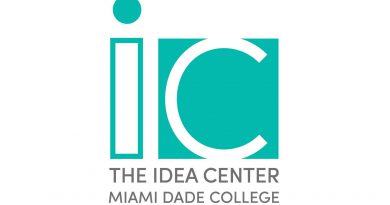Robots In The Workforce Should Not Be Viewed As A Threat
Throughout the years, consumers have depended on Amazon to buy their necessities.
In 2019, Amazon had close to 800,000 workers. However, by having so many workers at its warehouses, they began getting more complaints of workers being mistreated and injured.
To cut down on the amount of workers getting repetitive-motion injuries due to lifting heavy packages, Amazon started investing in robots to fulfill the task of carrying cargo from one station to the other.
However, many people view these warehouse robots as a threat to their jobs. Even though they will most likely produce a positive outcome by generating more jobs.

The implementation of technological advancements like Gutenburg’s printing press, cars and computers have shown throughout history to increase job opportunities.
For example, computers have been widely used and provided many jobs and fields, such as IT technicians and computer repairmen. It is incredulous to believe laborers once feared it.
Machines are here to help us and more humans will be needed to work on-site with these technological advancements.
New Scientist says that having robots in the work field will affect the economy by increasing spending, reducing cost and at the same generating a “net gain of 200,000 jobs.”
BBC News said something similar when they wrote about how the World Economic Forum predicts that although jobs may be displaced by introducing automates, around 133 million new jobs will be produced.
Many of these new jobs will improve productivity by being based on human characteristics and requiring additional sets of skills that survive modern demands. Advanced robots can’t perform human actions like discerning, negotiating or generating ideas.
Eventually, our way of living is going to change. How will society learn and develop if we fear new opportunities?
Instead of fearing what the future holds with these types of advanced creations, we should view it as a sign that humans and robots can work together to build a better future.




